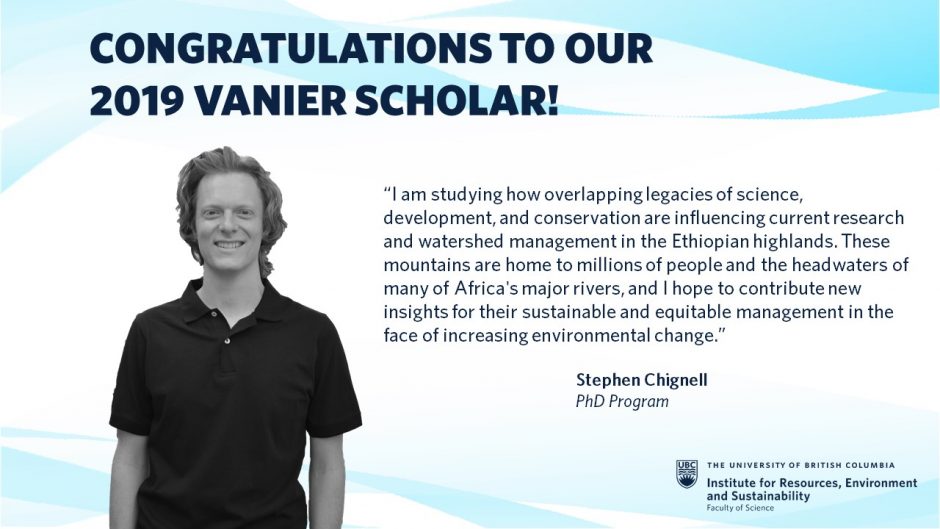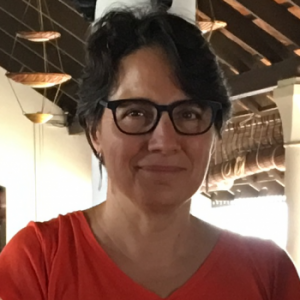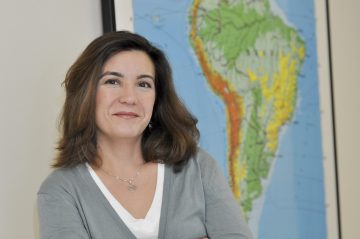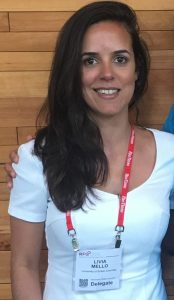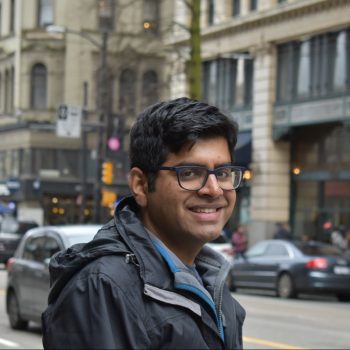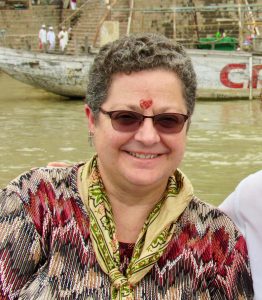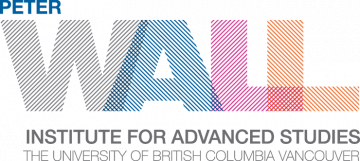Congratulations to the 2019/2020 recipients of the Canada Graduate Scholarships Master’s (CGS M) program!
About the Canada Graduate Scholarships Master’s (CGS M) Program:
The objective of the Canada Graduate Scholarships-Master’s (CGS M) Program is to help develop research skills and assist in the training of highly qualified personnel by supporting students who demonstrate a high standard of achievement in undergraduate and early graduate studies. The CGS M Program provides financial support to high-calibre scholars who are engaged in eligible master’s or, in some cases, doctoral programs in Canada.
Ilana Judah, IRES MSc Student
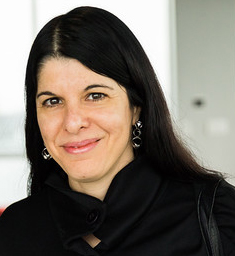
SSHRC Award Recipient
Research Summary:
Ilana’s research involves the development of an integrated building adaptation and mitigation assessment (IBAMA) framework to help policy-makers and industry professionals identify solutions that simultaneously address climate change adaptation and mitigation for urban multifamily buildings and their neighborhoods. IBAMA’s development draws from a wide range of existing literature, adaptation and mitigation policies and guidelines, and input from key adaptation and mitigation subject-matter experts. The framework is being created for BC Housing to incorporate into their building standards with the aspiration that it will influence future building practices in British Columbia and beyond. The research is being funded by the Pacific Institute for Climate Solutions.
Bio:
Ilana Judah is an MSc Student at IRES supervised by Dr. Stephanie Chang. An architect for over 20 years, she was most recently the Director of Sustainability at FXCollaborative, an architecture firm in New York City known for their pioneering work on sustainable high-rises. Ilana has served on several task forces to address both climate mitigation and adaptation in buildings. A Certified Passive House Designer, she was the co-author of a research study on the feasibility of implementing the Passive House standard on tall residential buildings in New York. A native of Montreal, Ilana received her Bachelor of Architecture from McGill University.
Cameron Bullen, IRES MSc Student
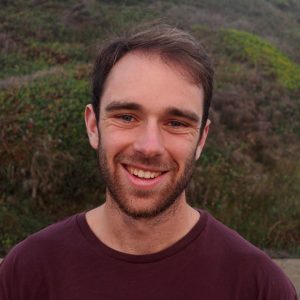
NSERC Award Recipient
Research Summary:
The human-caused extinction of countless species has fundamentally altered ecosystems and geological processes worldwide. In the North Pacific, the extinction of the Steller’s sea cow – a giant herbivorous relative of the dugong – is one such extinction that may have had significant implications for ecosystem function. While it has been suggested that the Steller’s sea cow was a keystone species that likely played a critical role in the North Pacific, the consequences of it’s extinction remains poorly understood. The objective of Cameron’s masters research is to use ecosystem models to understand the role Steller’s sea cows played in kelp forests and assess how their extinction may have altered ecosystem dynamics and function. This research project hopes to expand our understanding of kelp forest dynamics and how they have been changed by millennia of human influence, with potential implications for fisheries and ecosystem management in BC.
Bio:
Cameron joined IRES in 2018 as a MSc student supervised by Dr. Kai Chan. Cameron is broadly interested in marine conservation, marine ecology, and changing ecosystem dynamics in the context of ecosystem function and contribution to people. Before beginning at IRES, Cameron worked on Marine Protected Areas in Canada with CPAWS-BC, conducted research on plankton adaptation to changing environments with Dr. Michelle Tseng, and worked as an environmental biologist with Azimuth Consulting Group. Cameron grew up in Vancouver and enjoys spending as much time outside as possible: running, climbing, and paddling
Bronwyn McIlroy-Young, IRES MA Student

SSHRC Award Recipient
Research Summary:
Bronwyn’s Master’s thesis looks at science for policy around messy issues in toxicology, specifically endocrine disrupting chemicals. The global scientific community is deeply divided over how to assess the risk posed by endocrine disruptors. This scientific controversy is impeding the development of regulatory frameworks for endocrine disruptors. Bronwyn’s work aims to better characterizing the debate within the scientific community through unpacking divergent values held by scientists on each side of the controversy.
Bio:
Bronwyn joined the Institute for Resources Environment and Sustainability in Fall 2018 to begin her MA under the supervision of Dr. Gunilla Öberg. She completed her undergraduate degree at the University of Waterloo in an interdisciplinary program called Knowledge Integration, where her honours thesis explored Canadian weathercasters’ role in communicating local climate impacts. Bronwyn’s research interests include science-communication, risk perception, and knowledge in the science-policy interface. Her current work explores science controversy in toxicology.
Narayan Gopinathan, IRES MA Student

SSHRC Award Recipient
Research Summary:
Narayan Gopinathan is currently pursuing his masters’ degree in UBC-IRES with Dr. Milind Kandlikar, and is comparing the greenhouse gas footprint of conventional and electric vehicles in India, under different scenarios for the power grid’s evolution, for his thesis. He spent the summer doing research at the Council on Energy, Environment, and Water in New Delhi through a MITACS Globalink fellowship, collecting data for this project.
Bio:
Narayan received his bachelor’s degree from the University of California, Berkeley in environmental economics and policy in 2016. In addition to being a student at IRES, he is also a student fellow at the Institute for Sustainable Energy Policy at Johns Hopkins School for Advanced International Studies, and has published peer-reviewed literature on the political economy of mid-century strategies for deep decarbonization.
